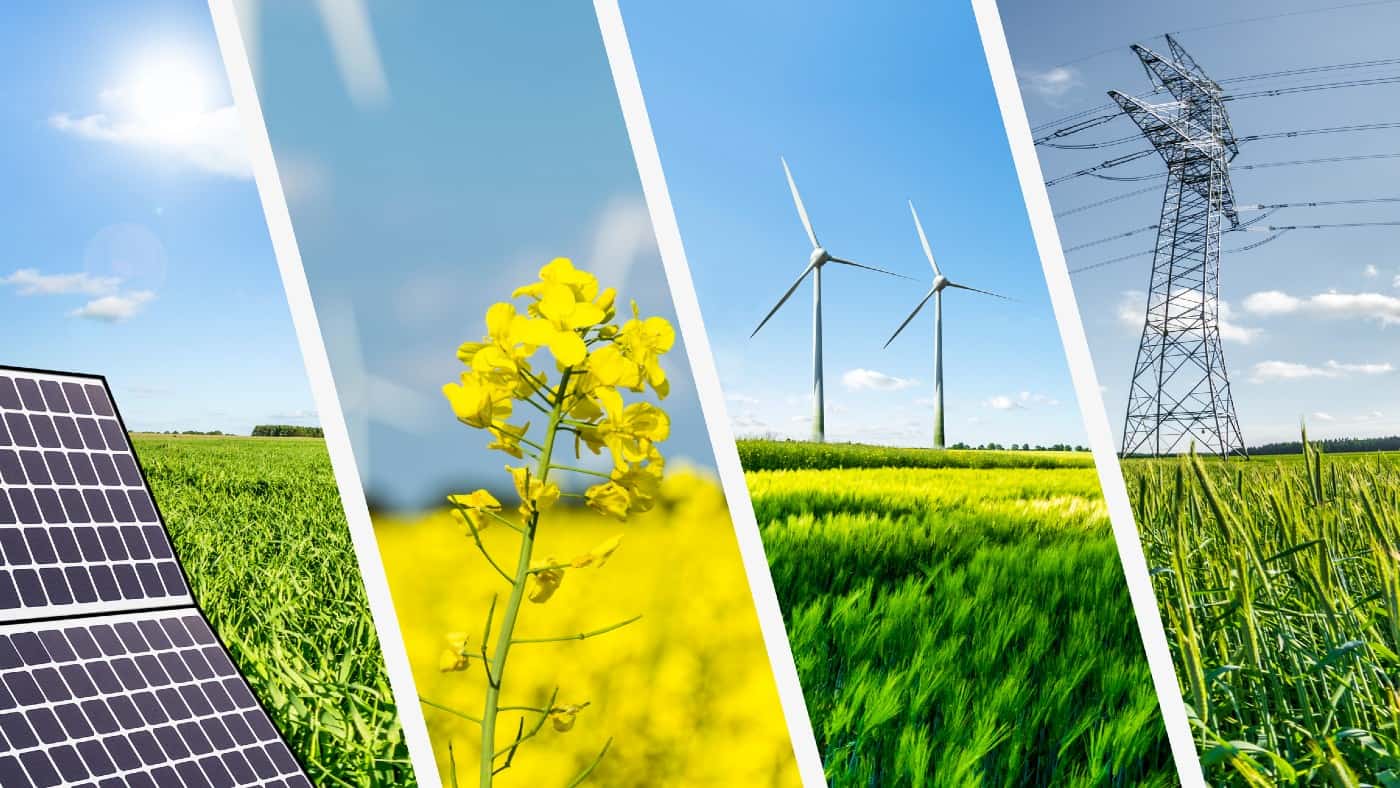In these uncertain economic times, I’m hunting for high-quality dividend stocks. For me, quality denotes longevity. What it doesn’t mean is chasing after high yields.
In this regard, one stock stands head and shoulders above other FTSE 100 constituents: National Grid (LSE: NG.).
Dividend champion
Over the past 20 years, it has steadily increased its dividend. Indeed, only once over that timeframe did its annual dividend per share decrease. As a result, its payout is nearly three times what it was back in 2003. Today, it yields 5.7%, comfortably above the average for the FTSE 100.
Of course, no dividend is ever guaranteed. After all, look what happened to the unblemished 50-year record of Shell following Covid. Nevertheless, I do like to use history as a guide to inform me about management’s priorities and likely future intentions.
As a result of its monopoly status, it possesses strong cash generation. Cash flow for the last financial year amounted to £6.4bn. This represents an 11% increase on the prior year.
Despite this, its dividend is only covered 1.3 times by earnings. Normally I look for a ratio of at least two. If this did shrink further, then a dividend cut could follow.
Earnings growth
Earnings per share (EPS) growth is one metric I often look at when deciding whether to invest.
Between 2021 and 2026, the company is investing £29bn on decarbonising energy systems alone. This will deliver asset growth of 8%-10% a year, and drive average yearly underlying EPS growth of 6%-8%. The clear visibility on future earnings is something unique to this company.
Its investment in critical infrastructure will provide the engine of growth.
The government has set a target to deliver 50GW of offshore wind capacity by 2030, and to fully decarbonise the electricity system by 2035. To meet this challenge will require the industry to deliver over five times the amount of electricity transmission infrastructure in the next seven years than has been built in the last 30.
On top of that, earnings potential has been bolstered through the acquisition of Western Power Distribution, the largest distribution network operator (DNO) in the UK.
DNOs are regulated geographical monopolies that sit at the coal face of decarbonisation. The expected proliferation of heat pumps, battery storage, and electric vehicle charging infrastructure will drive connections growth.
Net debt
Although the company is delivering record asset growth, this comes with an expensive price tag. Net debt presently stands at over £40bn.
In a rising interest rate environment, servicing that debt will also increase. In 2023, net finance costs on index-linked debt is expected to be £350m higher than in 2022.
If we are entering an era where cost of capital remains elevated, then that could weigh on its share price. However, I am comfortable with that risk given the high degree of visibility on future earnings.








